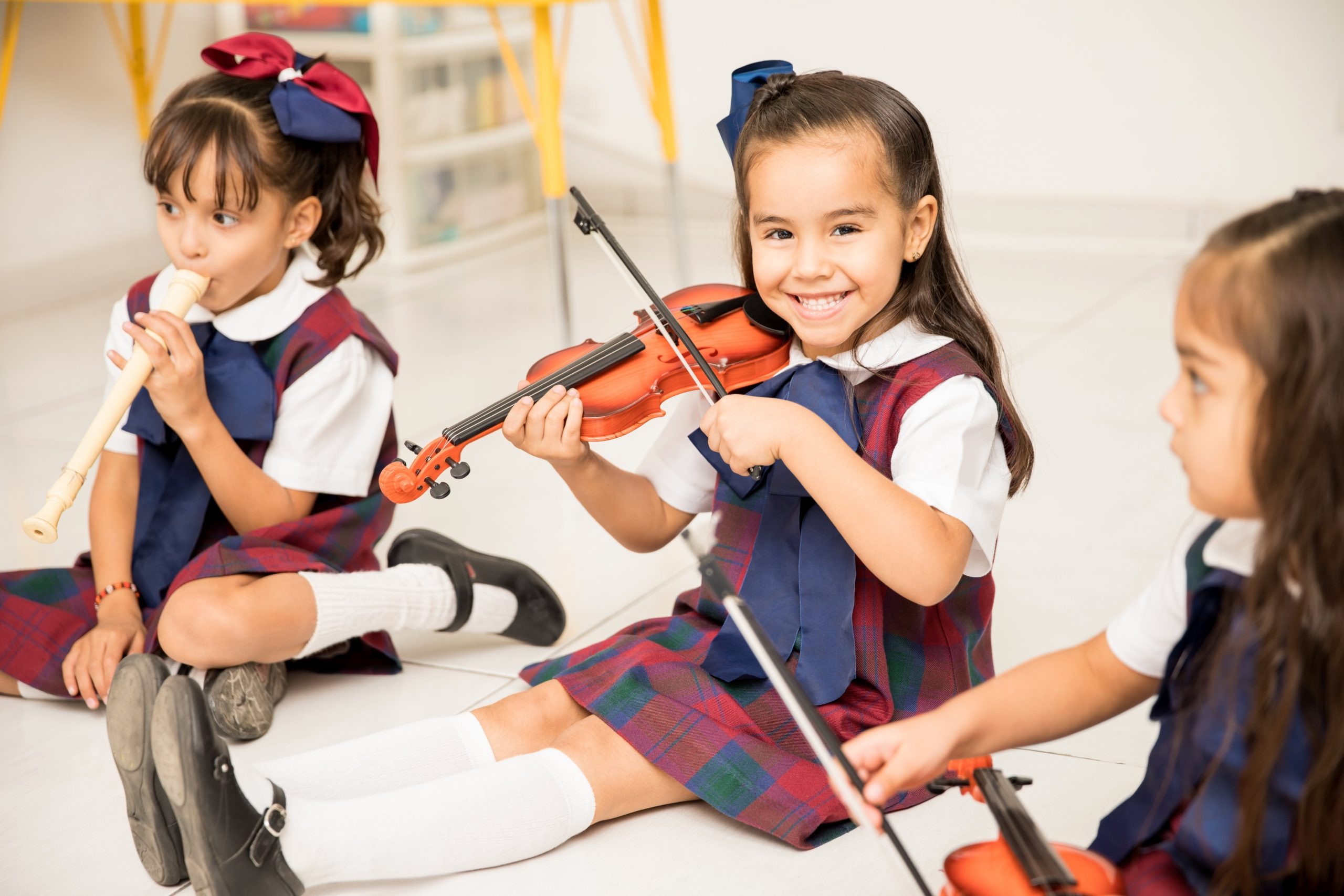
The Joy of Musical Knowledge
Introduction
Throughout our lives as human beings, the importance of listening to music cannot be overstated. Notably, music can evoke emotions, bring people together, and even heal us. However, delving into the realm of musical knowledge can also bring us joy and satisfaction. In this article, we will explore the various aspects of the joy of music education and its advantages.
Emotional Impact of Music
Listening to music can have a profound impact on our mood and emotions. For instance, it can energize us or soothe us, trigger memories, and transport us to different times and places. Moreover, understanding fundamental music components such as melody, harmony, and rhythm can deepen our emotional connection to music and broaden our appreciation across various genres.
Discovering New Music
Exploring new music can be an incredibly rewarding experience. It allows us to delve into different musical traditions, gain insights into artists’ work, and feel a sense of accomplishment and control over our musical journey. Additionally, discovering new music opens up avenues for creativity and inspiration.
Social Experience of Music
Engaging in musical activities goes beyond individual enjoyment; it fosters social connections and community. Whether it’s playing instruments, joining groups, or attending concerts, music brings people together and creates meaningful interactions. Furthermore, the social aspect of music provides opportunities for networking and collaboration.
Enhancing Cognitive Abilities
Research has shown that learning music can significantly enhance our cognitive abilities. It improves language skills, memory retention, attention span, critical thinking, problem-solving, and overall intelligence. Moreover, engaging in musical activities stimulates brain development and enhances neuroplasticity, contributing to lifelong cognitive benefits.
Creative Expression through Music
Music serves as a powerful medium for creative expression. It allows us to convey emotions, thoughts, and ideas in unique and meaningful ways, making it an essential form of artistic expression. Additionally, engaging in musical composition and performance provides outlets for self-expression and personal growth.
Cultural Preservation through Music
Learning about music not only enriches our understanding but also preserves cultural heritage. It provides insights into different cultures, their histories, and traditions, fostering global awareness and appreciation. Furthermore, music acts as a bridge between diverse communities, promoting cultural exchange and mutual understanding.
The Joy of Musical Knowledge for Preschoolers
Music education plays a crucial role in preschoolers’ development across various domains.
Cognitive Development
Preschoolers benefit significantly from music education, as it enhances their cognitive skills. This includes language development, memory retention, spatial reasoning, motor skills, focus, and discipline. Moreover, engaging in musical activities promotes holistic brain development and supports academic readiness.
Social Development
Participating in musical activities helps preschoolers develop important social skills such as cooperation, communication, teamwork, empathy, and respect for others. Additionally, musical group activities encourage social interaction, peer learning, and positive social behaviors.
Emotional Development
Music plays a vital role in emotional development, helping preschoolers regulate their emotions, express themselves, and develop emotional intelligence. Through musical expression, preschoolers learn to identify and manage their feelings in healthy ways.
Importance of Musical Knowledge for Preschoolers
Music and Cultural Awareness
Music education exposes preschoolers to diverse cultures, fostering cultural awareness, empathy, and respect for diversity. Additionally, learning about music from different cultures promotes global citizenship and intercultural understanding.
Music and Creativity
Engaging in musical activities encourages preschoolers to explore their creativity, imagination, and innovative thinking, allowing them to express themselves freely. Moreover, musical creativity fosters problem-solving skills and encourages experimentation and risk-taking.
Music and Discipline
Learning music instills discipline, focus, and dedication in preschoolers, providing a structured approach to learning and personal growth. Additionally, musical practice teaches perseverance, goal setting, and time management skills.
Music and Memory
Music education enhances preschoolers’ memory skills, aiding in memory retention and cognitive development. Moreover, musical activities that involve memorization and repetition strengthen neural connections and improve information recall.
Music and Language Development
Engaging with music improves language skills, vocabulary, and comprehension in preschoolers, laying a strong foundation for academic success. Additionally, musical language learning enhances auditory processing and phonological awareness.
Music and Social Skills
Participating in musical activities promotes social skills such as cooperation, teamwork, communication, and leadership among preschoolers. Furthermore, musical group activities encourage peer interaction, collaboration, and conflict resolution skills.
Music and Emotional Development
Music helps preschoolers understand and express emotions effectively, contributing to their overall emotional well-being. Through musical expression, preschoolers learn to manage stress, build resilience, and develop empathy towards others.
Music and Cognitive Development
Engaging with music stimulates cognitive development, including problem-solving, critical thinking, attention span, and mathematical reasoning. Moreover, musical activities that involve pattern recognition and analysis enhance cognitive flexibility and creative thinking skills.
Music and Physical Development
Music activities promote physical development, including fine motor skills, coordination, and overall physical fitness. Furthermore, musical movement and dance activities improve gross motor skills, balance, and spatial awareness in preschoolers.
Music and Academic Achievement
Studies have shown that music education positively impacts preschoolers’ academic performance, including literacy, numeracy, and interdisciplinary learning. Additionally, musical learning environments foster curiosity, inquiry-based learning, and critical literacy skills.
Conclusion
Music education for preschoolers offers a holistic approach to development, encompassing cognitive, social, emotional, physical, and academic aspects. It is an invaluable tool that fosters creativity, cultural awareness, discipline, and lifelong learning. Therefore, integrating music into early childhood education programs is essential for nurturing well-rounded individuals and preparing them for success in a diverse and dynamic world.


